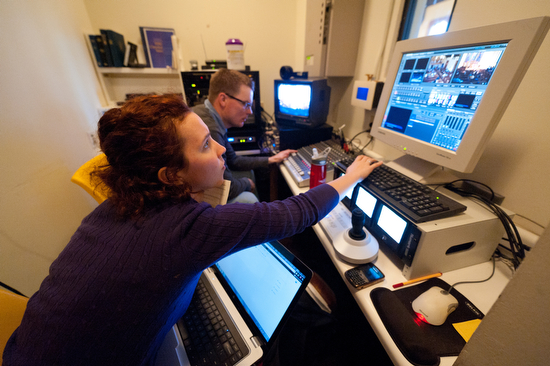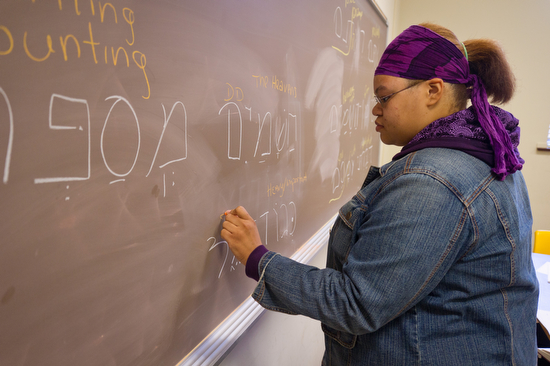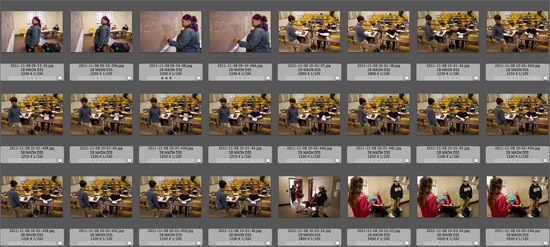| Mike Davis speaks on photo editing at the Atlanta Photojournalism Seminar. |
Creating images that last beyond the day has been Mike’s mission in settings as diverse as National Geographic Magazine and The Albuquerque Tribune, The White House and pdxcross.com
Mike Davis started his presentation by giving us his background as he transitioned into his educational part of the program on how he does photo editing by walking into the audience.
He got right up in a person’s face and asked if this changed their presentation. You bet it did.
Mike took the time to demonstrate what he meant by the house to the group. A photographer’s Distance from the Subject, not lens choice, makes a big difference in the impact of a photo.
Distance to the Subject is one of the five things that make a difference in good photos.
Five things that impact the effectiveness of a photo:
- Color
- Light
- Composition
- Moment
- Distance to the Subject
In an earlier blog, I talked about the Distance to the Subject and how to maximize putting your audience into your photographs using a wide-angle lens. Click here to read it.
 |
| (Nikon D3, 14mm, ISO 6400, f/3.2, 1/100) I love the wide angle that puts the viewer inside this little room (closet). |
As Mike went through photos and took a photo shoot from all the images down to the 6 – 7 images he would pick for a photo story, the layout was more from how the photos created a mood. Then, he could lay them out chronologically or systematically as most people do; this is why so many seek his expertise.
“Mike Davis is a virtuoso. He can take a pile of photographic notes and chords and arrange them to make a breathtaking score. Back in early 2001, I was struggling to put together a cohesive portfolio from my work…”
– Scott Strazzante, Staff Photographer, Chicago TribuneChicago, Illinois
To lay out photos based on emotions, the photographer will have had to use those five elements to help create a photograph that communicates on a gut level. Mike Davis talks as he is editing photos and puts into words some of his gut reactions to the images.
This photo is a much better “moment” than before or after because the person’s hand almost touches the bucket. Once they felt it, the anticipation element was gone. The difference with Mike is as he eliminates the images from a gut reaction–he can articulate why his gut reacted a certain way.
 |
| I love getting up close and pulling the reader into the scene. I also like light, the colors, and the moment I caught here. |
Mike enjoyed using PhotoMechanic for editing. It is my favorite as well. It doesn’t help with editing individual photos like PhotoShop or Lightroom, but this software lets you quickly sort your picks and put identification in pictures.
Mike also talked about how he knows photographers take a series of photos where the photographer will work the same angle and composition for the right “moment.” The moments rise and fall.

When you edit your photos, look for all five elements and how they make a difference in the ones that stand out from the rest.
Shoot enough photos that you have some comparisons to look at and see differences in people’s expressions and body language from one frame to the next.
If you don’t see it, get someone to look with you through your photos. They don’t have to be a pro to see which ones they like better. They may even tell you why or acknowledge it is a gut reaction.

